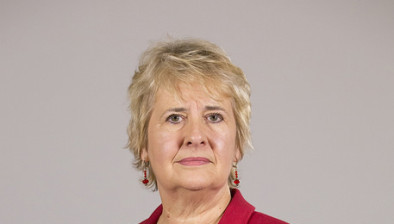New members sought for Communities Asset Transfer Scheme panel
Forestry and Land Scotland (FLS) is looking for new panel members for its Communities Asset Transfer Scheme (CATS).

Launched in 2017 and following on from the success of the National Forest Land Scheme, the Community Asset Transfer Scheme (CATS) lets community bodies take on more direct responsibility for managing a parcel of Scotland’s national forest and land, where the community considers that it can make better use of public land or buildings.
To date, nine successful asset transfer requests have completed, with eight more approved, including one land lease request for community hydro.
Successful applications have included:
- the Fairy Pools Car Park (Skye) - where car park expansion alleviated long term problems for visitors and residents,
- Carron Valley Community Woodland – where community activity on the land will help reduce local fuel poverty, nurture woodland management skills, offer space for community events with woodland walks and adventure trails.
- And most recently, Dalerb (Loch Tay), where a new Crannog Visitor Centre and Museum will be built.
FLS chief executive, Simon Hodgson, said: “Scotland’s national forests already deliver a wide range of benefits to communities but successful applications to CATS can strengthen and empower communities and let them deliver more focussed benefits.
“This is a great opportunity to take on an advisory role in furthering community empowerment and is open to enthusiastic, diverse and talented people – professional or non-professional - from across Scotland who have experience in either forestry, economics or communities work.
“If you think you can make a positive contribution to the delivery of CATS, I encourage you to apply.”
As well as providing independent and impartial advice to FLS on applications to CATS, Panel members will help to evaluate the benefits and impacts of requests, undertake optional visits to sites, and to attend CATS Evaluation Panel meetings up to four times a year.
Ideal candidates should be able to offer experience in one or more of: land management; rural development; forestry; sustainable development; renewable energy; community development; business planning and financial management; housing; land reform; conservation.









